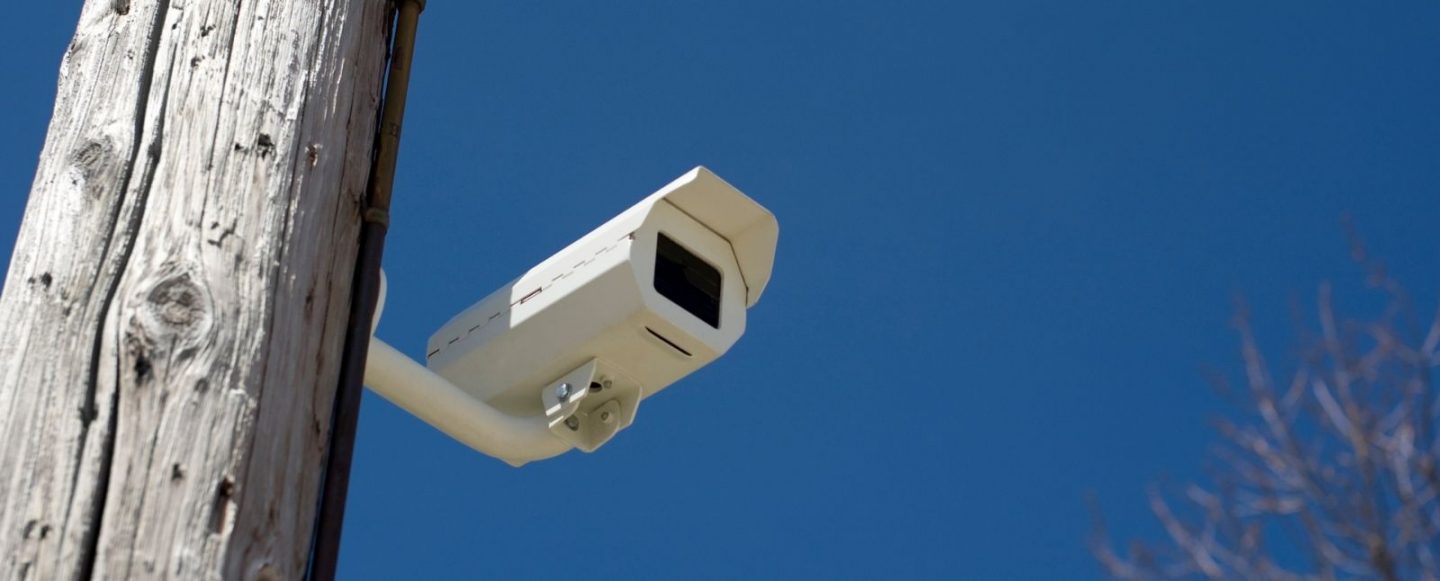Big Brother is watching, but is it lawful? Update on the commencement of the Surveillance Devices Act 2016
15 December 2017
After receiving Royal Assent almost two (2) years ago, the Surveillance Devices Act 2016 (“the Act”) and associated regulations will come into operation on Monday 18 December 2017.
Readers may recall that in September 2016, we published an article in the Local Government Reporter providing a detailed analysis of the impact that the Act was set to have on local government.
Whilst there has not been any significant amendment made to the Act since the publication of that article, this is an opportune time to remind councils of the impact the Act will have when it commences next week. This is particularly relevant as we are aware that more and more councils are considering the installation of CCTV cameras and there is an increasing trend towards the use of ‘body cameras’ by council community safety officers. It is essential the use of these devices occurs in accordance with the Act.
By way of summary, the Act repeals the Listening and Surveillance Devices Act 1972. Relevant for Local Government, the Act restricts the use of visual and audio recording devices for the purposes of recording a ‘private conversation’ and/or a ‘private activity’ (within the meaning of those terms under the Act).
The Act has a broader remit than the Listening and Surveillance Devices Act 1972, primarily by expanding the definition of a “surveillance device”. In recognition of the constantly changing technologies in this area, the Act will, for the first time in SA, regulate all surveillance devices, save for those specifically excluded by regulation. There are currently no surveillance devices excluded by regulation.
The definition of a “surveillance device” will now include:
- a “listening device” – a device capable of being used to listen or record a private conversation;
- an “optical surveillance device” – a device capable of being used to observe or visually record a person, place or activity;
- a “tracking device” – a device capable of being used to determine the geographical location of a person, vehicle or thing; and
- a “data surveillance device” – a program or device that can be used to access, track, monitor or record the input or output of information from a computer.
The Act also creates new offence provisions. It will be a criminal offence to (amongst other things) install, use or cause to be used, or maintain:
- a listening device to overhear, record, monitor or listen to a “private conversation”;
- an optical surveillance device on or in premises or a vehicle, to record visually or observe a “private activity”;
- a tracking device to determine the location of a person, vehicle or thing;
- a data surveillance device to access, track, monitor or record the input/output of information stored in a computer; as well as
- to communicate or publish the material derived from the use of a surveillance device, save for a prescribed situation.
However, it will not be an offence to use a listening or optical surveillance device for the purposes of recording a “private conversation” and/or a “private activity” if:
- the parties present and being recorded consent, expressly or impliedly, to the use of the device; or
- the use of the device is reasonably necessary for the protection of the lawful interests of the person using the device; or
- the use of the device is in the public interest.
While “lawful interests” is not defined, in our opinion it will include situations such as the protection of council property or (relevant in the case of body cameras), where there is a legitimate threat to the safety of a council officer.
Consistent with our previous advice, we recommend that where a council intends to use (or allow to be used) a listening or optical surveillance device:
- it ensures body cameras and video and audio recorders, in use by authorised officers, are in plain view;
- signs are placed by meeting rooms and Council Chambers, alerting the public to the fact that proceedings may be recorded;
- signs are erected prominently in premises, such as swimming pools and recreation centres, where CCTV may be in operation; and
- a policy is adopted regarding its use of surveillance devices, such that it could not (reasonably) be said that a member of the public did not expressly or impliedly consent to the use of the devices.
As a final warning, it is important to note that the Act does not include the exemption currently provided for at section 7(1)(b) of the Listening and Surveillance Devices Act 1972, which enables a “person” to use a listening device “in the course of duty of that person”.
Instead, the Act sets out a specific exemption for the use of surveillance devices by “officers” which does not include authorised officers appointed by councils.
Without the benefit of a judicial determination as to whether the covert use of a listening device (for example, a hidden tape recorder) falls within the new “lawful interests” exemption under the Act, it is our advice that council officers should not covertly use a listening device without being able to adequately demonstrate the express or implied consent of the other persons present.
If you have any questions in relation to the Act, or would like assistance in preparing a Policy regarding the use of surveillance devices in your council area, please contact Tracy Riddle at triddle@kelledyjones.com.au or on 8113 7106 or Cimon Burke at cburke@kelledyjones.com.au or on 8113 7105.

